News: Investment
What can Australia gain from agricultural subsidy reform?
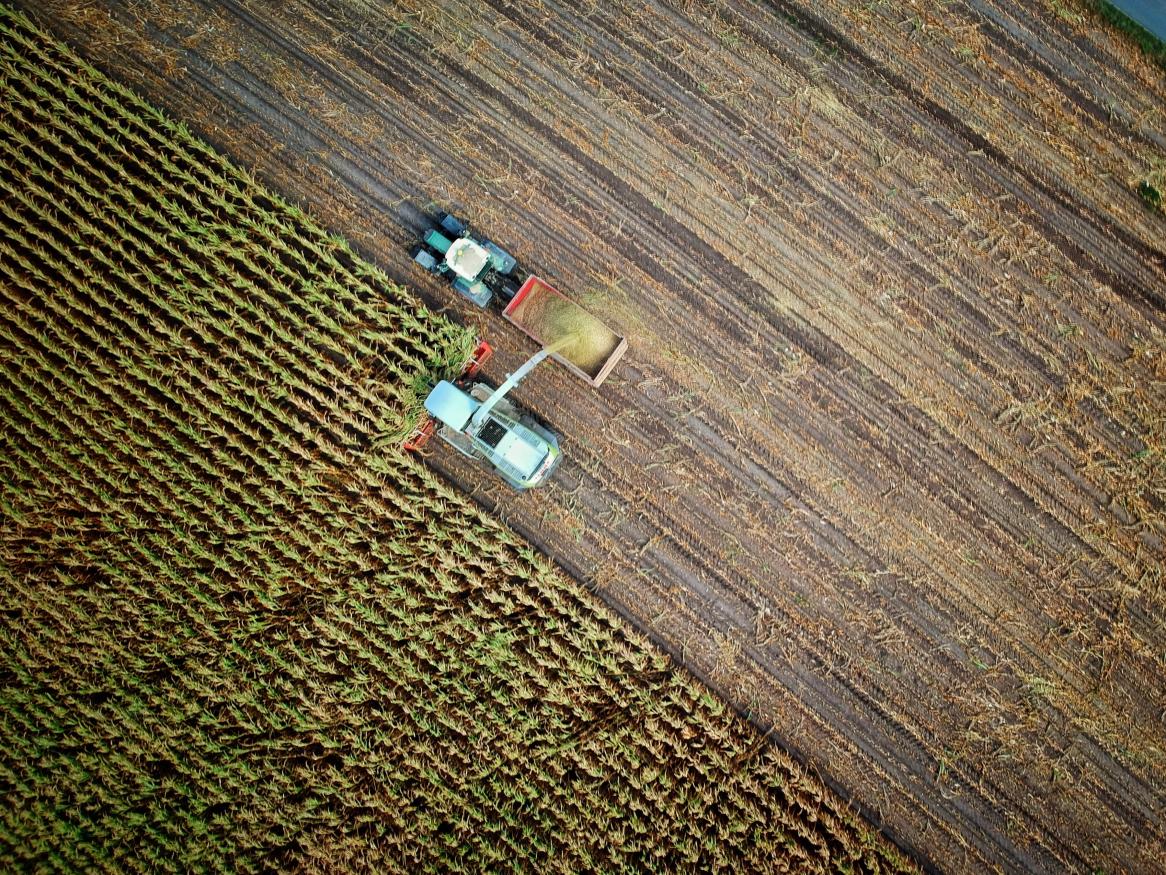
Kym Anderson, George Gollin Professor Emeritus, School of Economics, University of Adelaide; CEPR Fellow; and Honorary Professor of Economics, Arndt-Corden Dept of Economics, Australian National University.
Even though research earlier this century suggested market access barriers were far more important than domestic subsidies in restricting global farm trade, new analysis suggests farm subsidies have become far more important in recent years.
[Read more about What can Australia gain from agricultural subsidy reform?]
The “German” debate on supply chain ethics: assessing the role for businesses in human rights enforcement
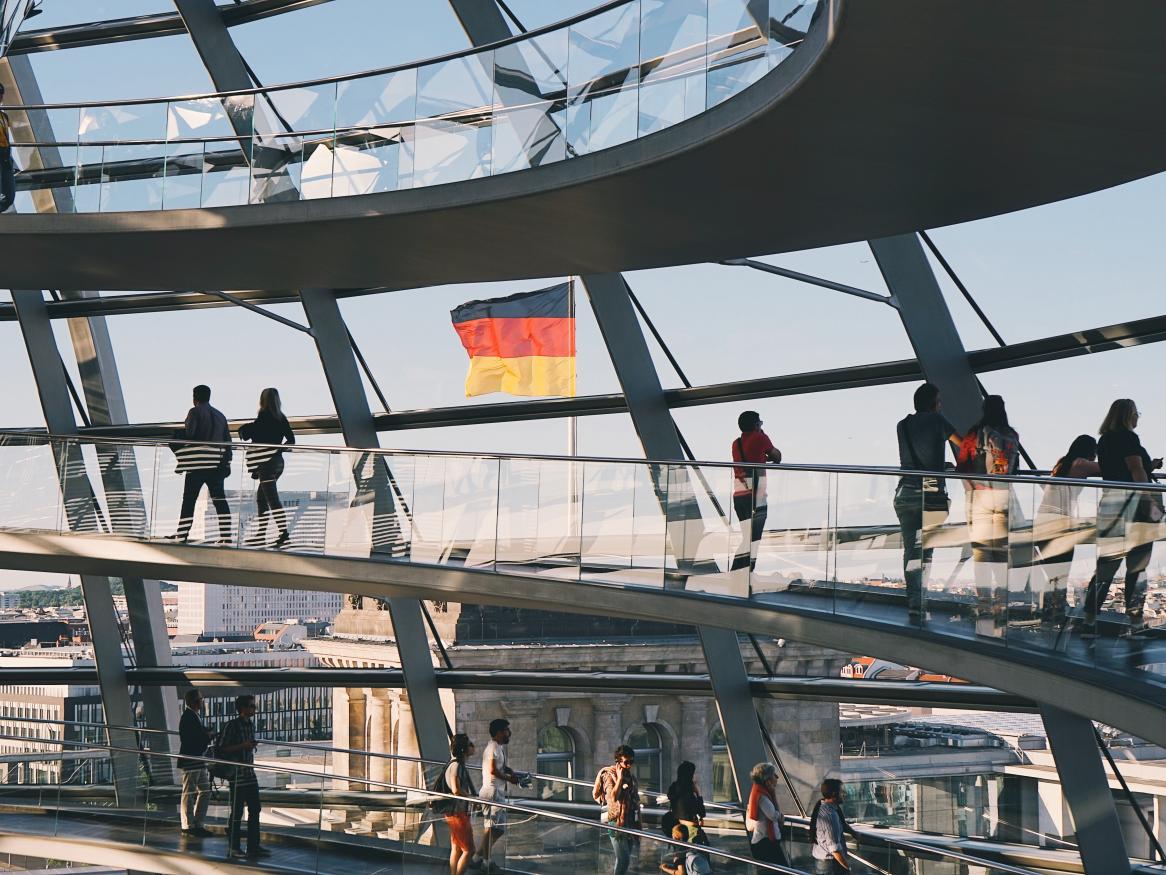
Andreas Freytag, Professor and Chair of Economic Policy, Friedrich Schiller University, Jena, and Dr Naoise McDonagh, Lecturer in Political Economy, Institute for International Trade, University of Adelaide.
International supply chains have become a topic of fierce debate in Germany over the past weeks, and perhaps surprisingly not for pandemic-related issues. Proposed new laws requiring due diligence by firms to prevent human rights violations in their supply chains sparked controversy over the degree of responsibility firms can realistically be expected to bear, and how they may enforce this obligation.
The Perfect Storm: Interventionism, Inequality, Decoupling and Zombies

Carlos A. Primo Braga, Associate Professor, Fundação Dom Cabral and former Director, Economic Policy and Debt, The World Bank.
Covid-19 already ranks among the most impactful pandemics of the last 100 years. Most governments have put their economies in a temporary “coma” with a view to mitigate the spread of the virus (SARS-CoV2). This inevitably increases the economic pain associated with the pandemic in the short run and generates pressures for a quick return to normality. Lessons from the past, however, suggest that the health crisis can go on for much longer than most politicians anticipate.
[Read more about The Perfect Storm: Interventionism, Inequality, Decoupling and Zombies]
What could generate inclusive structural transformation in Africa?

By Dessie Tarko Ambaw, Postdoctoral Researcher, Institute for International Trade
Africa has experienced strong economic growth since the turn of the century, averaging 4.6% per annum. Yet achieving inclusive growth and structural transformation continue to be pressing challenges. Africa is the only continent where the number of poor people is still increasing.
[Read more about What could generate inclusive structural transformation in Africa?]
Responding to COVID-19: A key role for ASEAN in the region
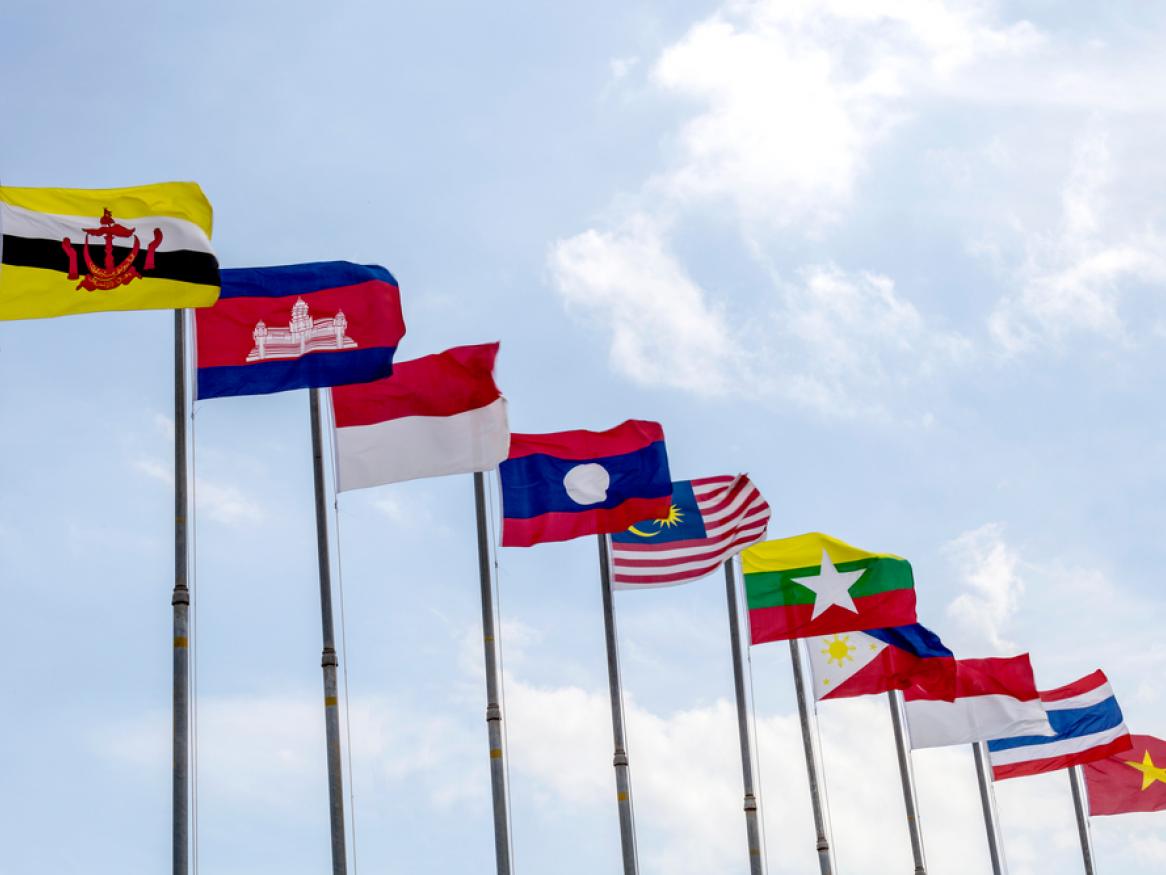
By Milton Churche and Michael Mugliston, visiting fellows, Institute for International Trade, University of Adelaide.
A key characteristic of the health and economic crises unleashed by Covid-19 is the very high degree of uncertainty over the course of the disease, the trajectory of the economic downturn and the roadmap for restoring sustained economic growth. Indexes measuring global policy uncertainty are showing unprecedented levels of uncertainty. The World Pandemics Uncertainty Index that measures economic uncertainty associated with pandemics and other disease outbreaks since 1996 is at record highs.
[Read more about Responding to COVID-19: A key role for ASEAN in the region]
India’s Trade Policy: Embracing national interests and selective engagement
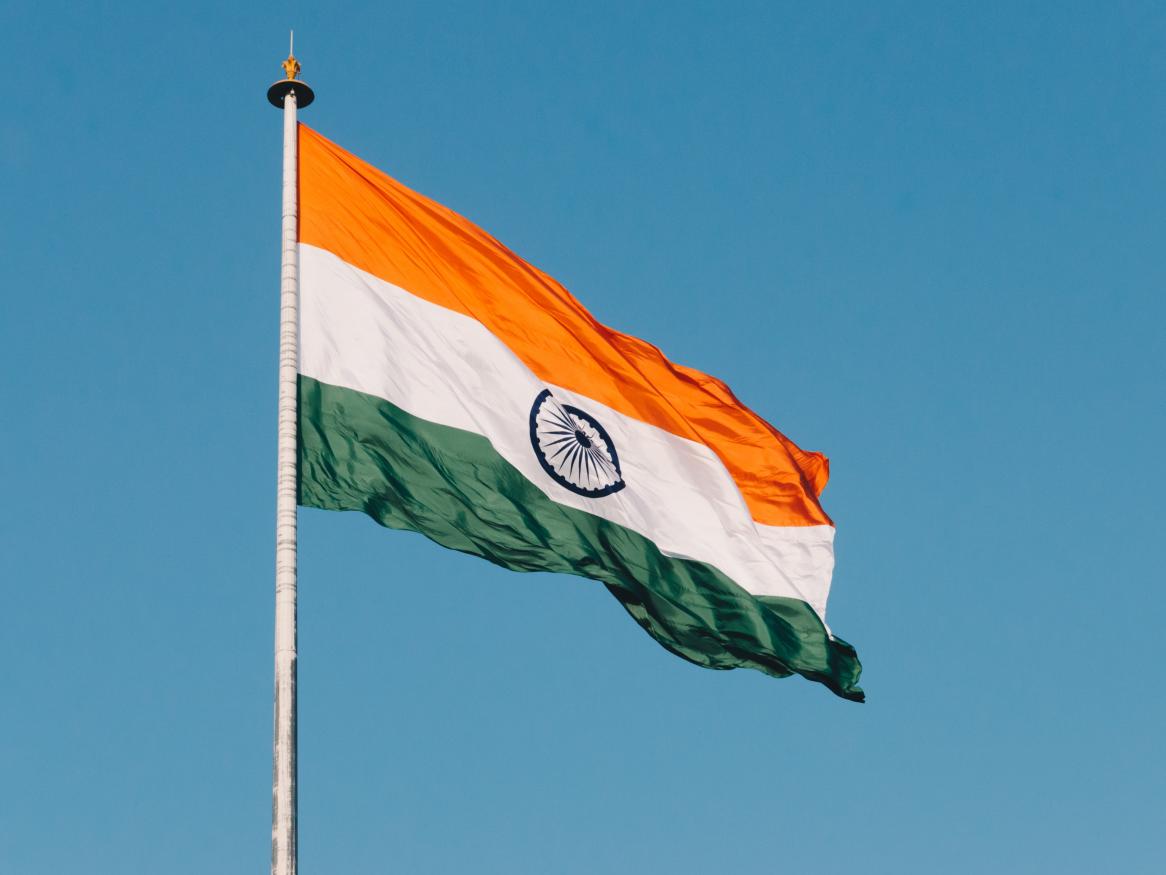
By Amitendu Palit, Senior Economic and Trade Policy Research Fellow at the Institute of South Asian Studies in the National University of Singapore.
Six months have passed since India decided to stay out of the Regional Comprehensive Economic Partnership (RCEP). With the rest of the RCEP members going ahead with the agreement and finalizing its text, India is unlikely to be a part of RCEP in the foreseeable future. This is notwithstanding the hint dropped by India’s external affairs minister Dr. S Jaishankar earlier in the year on India ‘rethinking’ the decision.
[Read more about India’s Trade Policy: Embracing national interests and selective engagement]
Emerging from Lockdown: Threats to the international trade system
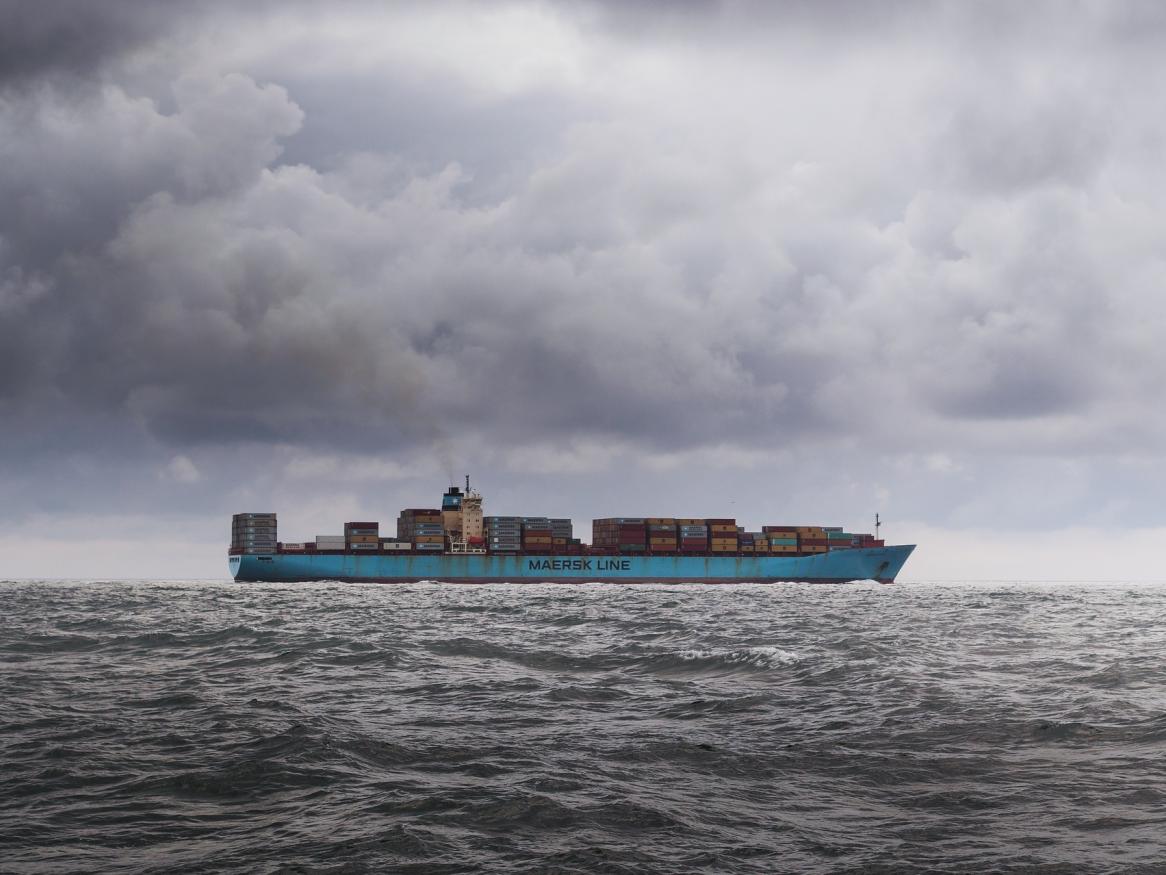
Richard Pomfret - Professor of Economics & Jean Monnet Chair Economics of European Integration, The University of Adelaide
As COVID-19 curves flatten globally and policymakers’ attention turns to resuming economic activity safely, attention is inevitably focused on domestic matters. What is the trade-off between the economic costs of caution that delays economic revival and the health costs of over-hasty removal of measures that are holding back the spread of the virus?
[Read more about Emerging from Lockdown: Threats to the international trade system]
Industrial subsidies, state-owned enterprises and market distortions: Problems, proposals and a path forward

Weinian Hu - Research Fellow at Centre for European Policy Studies, Belgium.
Industrial subsidisation is an area identified for WTO rule-strengthening by the European Union (EU) and the Trilateral Trade Ministerial Cooperation (hereafter Trilateral Cooperation). The aim is to curb certain trade practices spearheaded by China’s state-owned enterprises (SOEs), which allegedly engender over-capacity, distort markets and undermine the effectiveness of the WTO Agreement on Subsidies and Countervailing Measures (ASCM). The obligations of transparency and notification prescribed by the ASCM require strengthening, too.
Failure of strategic trade diplomacy
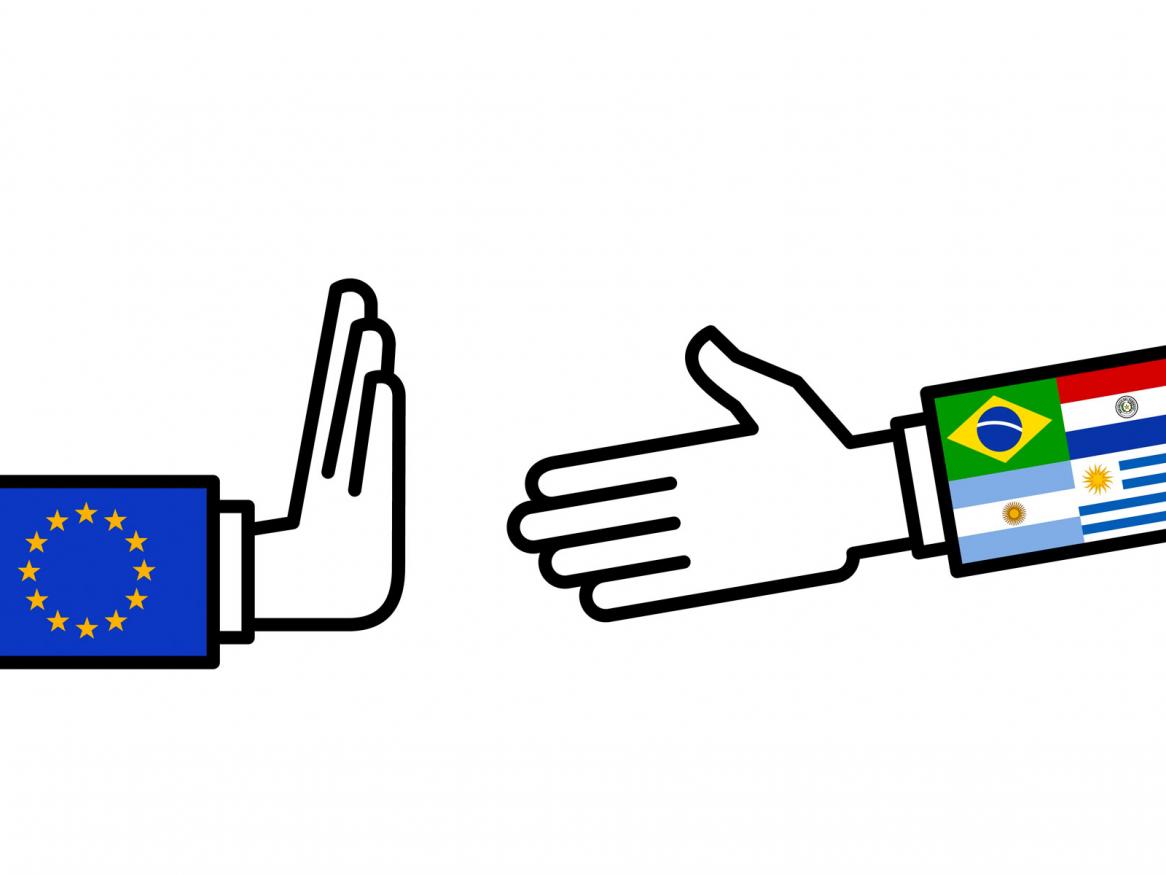
Naoise McDonagh - Lecturer, Institute for International Trade, University of Adelaide
In June 2019 a free trade agreement (FTA) two decades in the making was struck between the EU and the South American customs union Mercosur (currently comprising Argentina, Brazil, Paraguay and Uruguay).
2019 Global Solutions Summit, Berlin
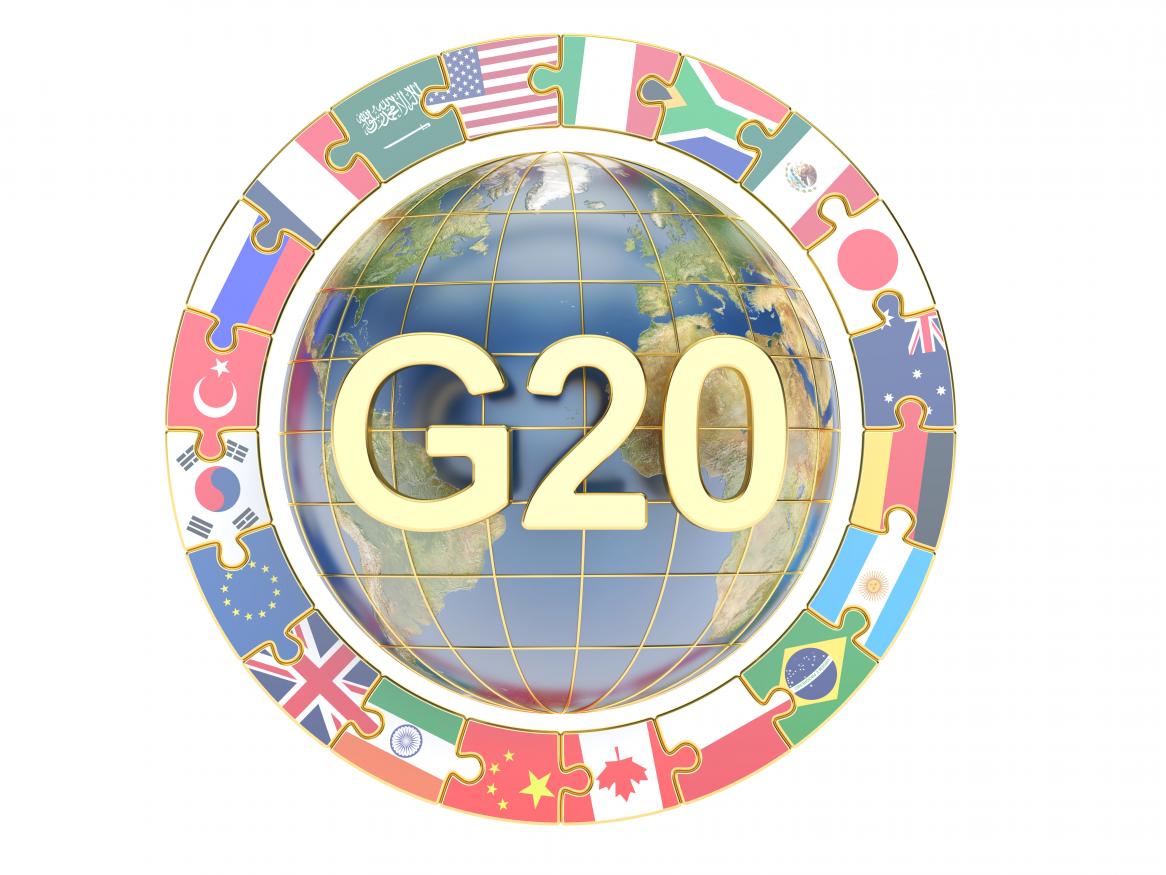
Keith Wilson, Senior International Trade Law Counsellor, Institute of International Trade
Contributions at the third Global Solutions Summit (www.global-solutions.international) addressed the full spectrum of challenges in a period of major change – and a looming sense of crisis – in the international political, economic and social order. These were the four key priorities I took away from the 2019 Summit held in Berlin, Germany from 18-19 March 2019, in support of the Japanese Presidency of the G20/T20. The Think 20 (T20) will be held in May, leading up to the G20 itself in Osaka in June 2019.
This work is licensed under Commons Attribution-NonCommercial-NoDerivatives 4.0 International License.
IIT is a global leader in researching, analysing and commenting on International Trade.
Stay informed about our up-and-coming seminars, events, publications, awards, new projects and collaborations, and other exciting news.
